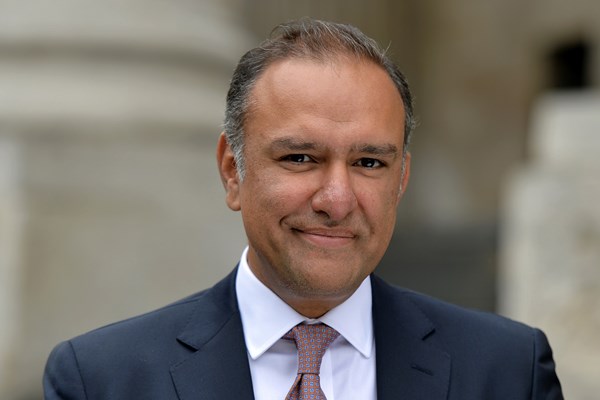25 June 2021
The Opportunity:
The onset of the global pandemic in 2020 led many investment firms to see a real opportunity in Distressed Debt. In particular, when the pandemic first broke out, “Dislocation” funds saw rapid fundraises that were then deployed quickly. Apollo, KKR, Strategic Value Partners and Varde were among the firms launching dislocation funds in 2020.These funds have seen stellar returns as markets bounced back very quickly. However, the return to some form of normality coupled with the massive liquidity pumped into markets by central governments has meant the Distressed or “Special Situations” opportunity has largely not become tangible.
In a Real Estate context, sectors most obviously affected have been Hotels, Retail and Offices. Whilst there has been some M&A and Turnaround work done with a lot of these assets, owners have been reluctant to sell into the market given uncertainty over valuations, huge government support and uncertainty over how quickly the sectors could return to some kind of normality. This has meant a lack of significant opportunity for distressed focused funds than may originally have been thought.
Interestingly, something similar happened in 2008. Those funds that were quick off the block were able to show great returns. However, those that held back found themselves struggling to deploy capital in the most effective ways. The distressed opportunity only really came about a few years into the crisis, around 2012. Perhaps we will find ourselves in a similar situation here. Only after the unprecedented government stimulus and other regulatory interventions are scaled back will we see the real Distressed “opportunity”. Forbearance has had a huge impact on the Distressed Debt investment sector as asset owners have not felt the need to look to alternative lenders for cashflow. When that lifeline gets pulled remains to be seen, but if the GFC is a good example of this, don’t bet against a flow of deals in 2022. In hospitality, for example, if the Summer season is not followed by continued return to activity from September onwards, investors may seek to make decisions on their debt profiles in this sector at this point.
The Challenges:
One risk investment firms have is, having raised funds in this context, they may come under pressure to deploy into assets that may not have been first choice. The pressure to deliver a return, especially given management fees are being charged, might become overwhelming leading to poor investment decisions and moves into junk bonds or smaller, riskier opportunities.
Distressed investors also need to be cognisant of the growing important of ESG. The very aggressive end of Distressed investment does not sit well within an ESG framework and is often frowned upon by end investors. Asset stripping does not really fit with the times. There is a much greater focus on ESG as we know but the Private Debt sector has been a bit behind the curve on this. Partly this is because Private Debt was seen as more passive (and so lower profile) than Private Equity. But this has now changed. As such, investors are more wary of investing in overly aggressive Private Debt strategies. Some investors have clauses inserted into deal documentation to make sure certain businesses cannot fall into the hands of more aggressive Distressed investors. There is also the reputational risk for more aggressive lenders, especially in the context of massive governmental support.
In summary, this is unchartered territory in the Distressed Debt sector. There will be ripple effects from the challenges of 2020 but it remains unclear how and when these will play out. Only once government interventions recede in impact will we know whether the much-anticipated opportunity in this category bears fruit.
